Articles
Commentary

To Reduce Empty Miles, Shippers Must Share to Save
For an industry that prides itself on running lean, the supply chain has a glaring inefficiency on the roads every day: trucks with plenty of space to spare.
Read More
How Year-Round Demand Is Reshaping OTC Supply Chains
Cold and flu season is no longer confined to the winter months. For manufacturers of over-the-counter (OTC) cold and flu products, this unpredictability is forcing a fundamental shift in how, and where, supply chains are built and maintained.
Read More
How Businesses Can Adapt and Thrive in a New Tariff Era
Tariff-driven turbulence creates an opportunity to rethink, retool, and reinforce logistics operations. Rather than viewing tariffs as an uncontrollable threat, you can use them as a catalyst for digital transformation.
Read More
Can We Ever Fully Trust AI in Supply Chain Management?
Artificial intelligence is transforming supply chains with real-time insights and predictive power—but is full trust realistic? Experts share the risks, benefits, and human oversight needed to make AI a reliable partner in logistics.
Read More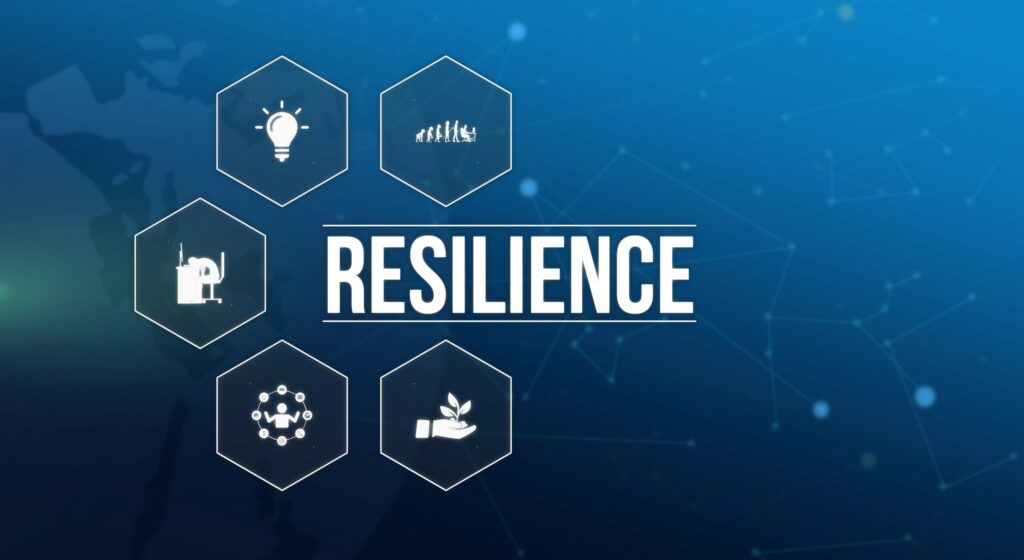
Beyond Reshoring to Regionalization
Recent and ongoing tariff discussions have some supply chain leaders rethinking their global supply strategy. While this has led many manufacturers to consider reshoring, an alternate strategy is growing around regionalization and rightshoring.
Read More
How to Manage Lead Time With Machine Learning
The impact of lead time variability on supply chain management is a critical factor impacting operational efficiency, cost management and service delivery. Lead time involves decisions that determine optimal inventory levels, when to place orders and how much to order, stocking policy, available-to-premise calculations, supplier performance and supplier selection.
Read More
Supply Chain Pocket Change?
As a company’s supply chain network evolves over time, information needed for adaptive efficiency becomes isolated in hard-to-find data pockets. In those instances, data required to drive modern efficient operations is isolated and not instantly accessible—usually housed on old world siloed spreadsheets. Do you have supply chain data points in hidden pockets? Modernized business operations […]
Read More
The Future of Predictive Shipping and the Amazon Advantage
The future of predictive shipping will be defined not by a single end-to-end platform but by the ability to integrate and optimize across a fragmented supply chain ecosystem.
Read More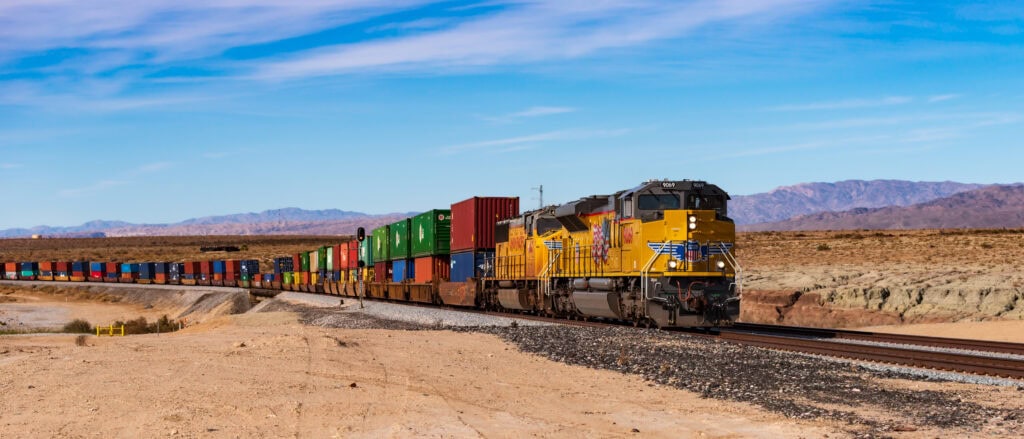
Improving Visibility for Automotive Rail Shippers
Advanced technologies powered by AI and machine learning are being applied to the location, condition, and status data generated by some 1.6 million railcars moving across the North American network every day. Here’s how automotive shippers can now turn rail logistics into a competitive advantage.
Read More
Will More U.S. Companies Turn to Nearshoring to Diversify Supply Chains in the Next Five Years?
Nearshoring will accelerate as companies respond to climate risks, economic uncertainty, and shifting trade policies. Tariffs and global disruptions are pushing businesses to reassess supply chains for greater resilience and efficiency. In today’s fast-moving environment, nearshoring strikes the right balance between speed, risk mitigation, and cost. –Mita Gupta Executive Vice President and Global Business Unit […]
Read More
Generation AI?
Generative AI, or Gen AI, refers to a type of artificial intelligence that can create new content. But I am hijacking the term. In the way that Gen Z, Gen X, and Gen Y refer to different generations of Americans, I’m redefining Gen AI as the generation who are conversant in artificial intelligence and applying […]
Read More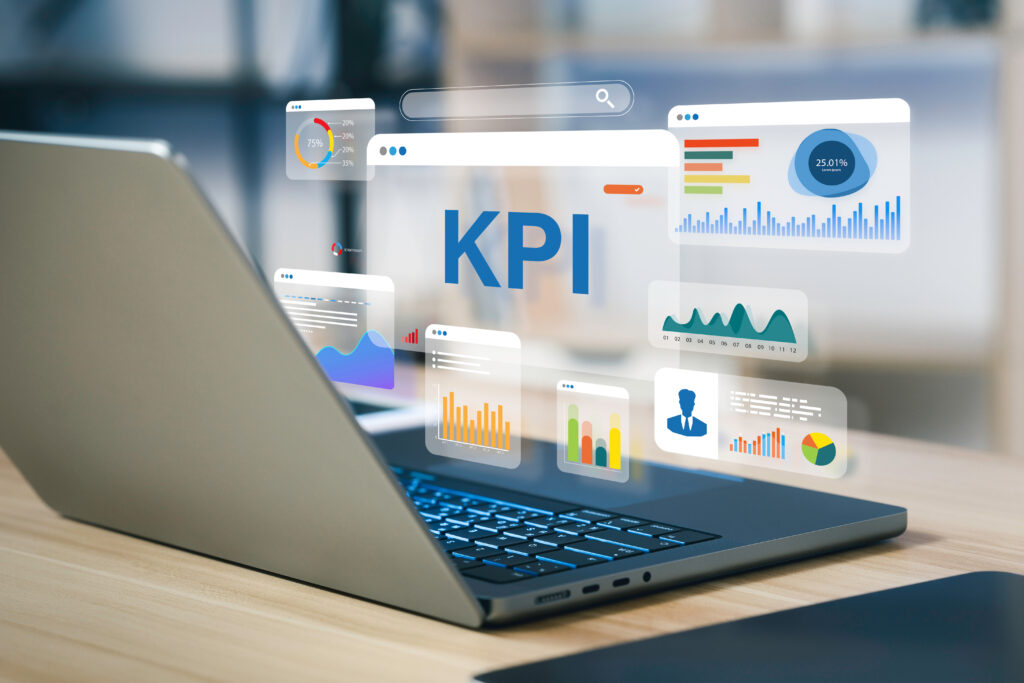
Are Your Key Performance Indicators (KPIs) Ready for a Tighter Freight Market?
Almost every supply chain professional is leveraging their data for better carrier relationship management and smarter procurement decisions.
Read More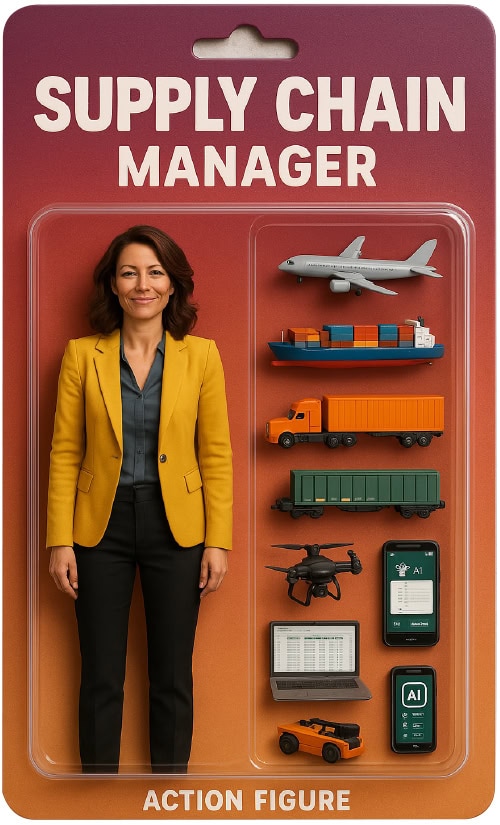
Supply Chain Action Star: What’s the Package Deal?
No toying around. The action figure who could thrive in tomorrow’s supply chain needs these tools and talents.
Read More
The U.S. Got a Tariff Shock. Now Comes the Supply Chain Reckoning.
Sweeping U.S. tariffs—10% on all imports, with significantly higher rates targeting countries like China and Vietnam—have upended decades of global supply chain strategy as well as the stock market.
Read More
4 Keys to Successful Trade Compliance
Geopolitical risks to supply chains are top of mind across C-suites but few say what it means. The term “geopolitical risk” has largely become a codeword for import, export, and economic sanctions compliance. The fast pace of change in 2025 requires adopting meaningful compliance structures that achieve results.
Read More
From Digital Adopter to Digital Leader
Logistics companies quickly turned to digital solutions to keep operations running during the pandemic. The pressure was on, cash was free-flowing, and organizations made rapid technology investments to keep supply chains as functional as possible.
Read More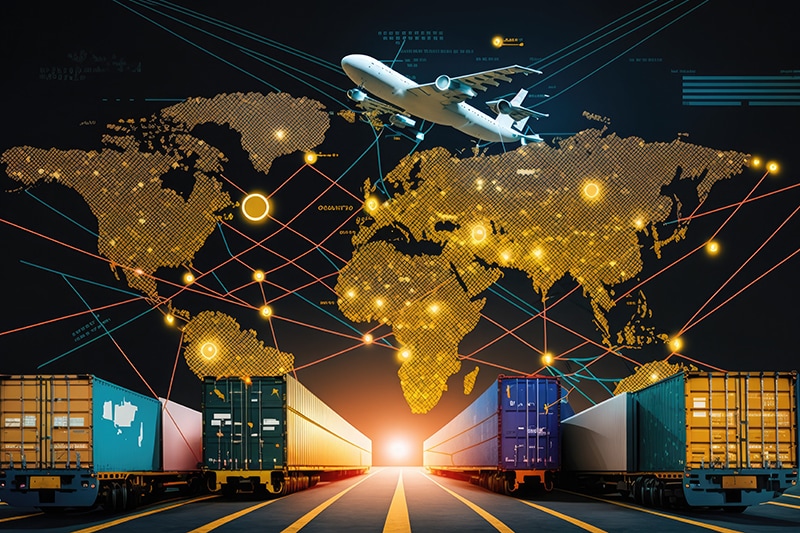
The Tariff Tangle: How New Trade Barriers Are Reshaping Global Business
Importers are understandably concerned about what tariffs mean for their business, and the bottom line is that the levies will certainly change their business—for better or worse.
Read More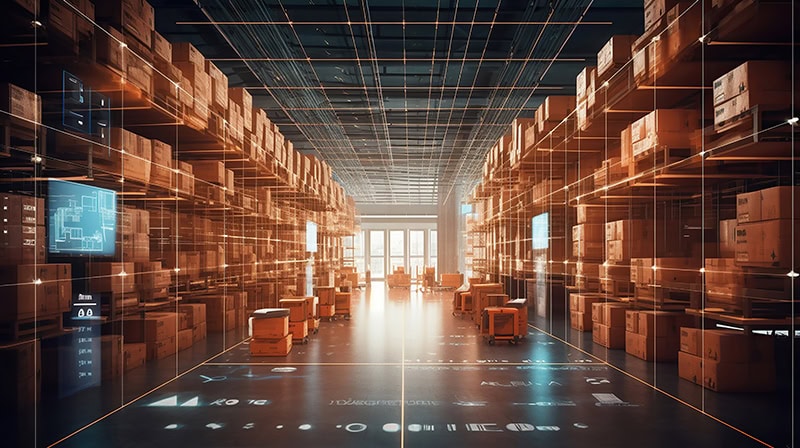
Blueprint for Success: 10 Critical Design Tips from Hundreds of WMS Implementations
Here’s how to navigate the design phase of a warehouse management system deployment in your facility.
Read More
Tariffs Can Drag Down Your Supply Chain, Unless You’re Prepared
With the United States implementing at least some new tariffs on goods from a number of important export countries, attention across the logistics world is turning, once again, to developing resilient supply chains.
Read More
If You Were to Put Your Logistics Motto on a Bumper Sticker, What Would It Say?
In the complex supply chains of today, visibility is important because you can’t strengthen what you can’t see. Visibility is the foundation for resilience and efficiency, enabling businesses to anticipate disruptions, optimize operations, and stay ahead in a rapidly evolving landscape.
–Jennifer Chew
VP, Solutions and Consulting
Bristlecone
